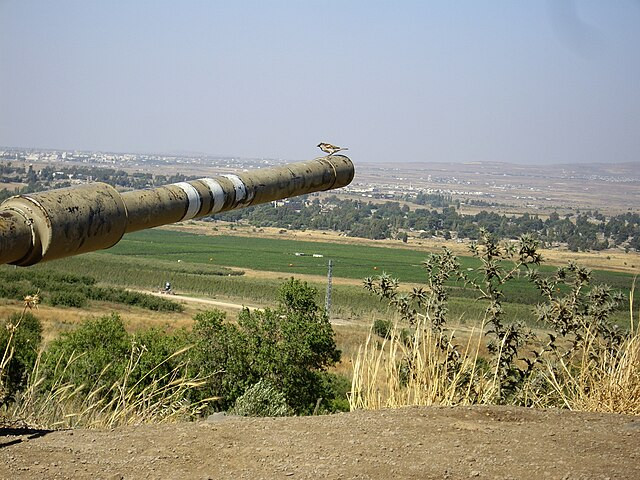Israel and Syria have held several face-to-face meetings in recent weeks aimed at de-escalating border tensions, marking the most direct contact between the two nations in decades and signaling a dramatic realignment in regional diplomacy following the ouster of Syrian strongman Bashar al-Assad.
The talks, confirmed by five individuals with knowledge of the meetings, took place in the Israeli-controlled section of the Golan Heights and were led on the Syrian side by Ahmad al-Dalati, a senior security official recently appointed as governor of Quneitra, a province bordering Israel. Dalati was also assigned this month to oversee security in Sweida, a volatile province home to Syria's Druze minority.
The meetings represent a significant evolution from the backchannel communications that had taken place since the fall of Assad in December to Islamist rebel coalition Hayat Tahrir al-Sham. Two Syrian and two Western sources, along with a regional intelligence official, confirmed the shift to direct diplomacy, though they requested anonymity due to the sensitivity of the discussions.
Israeli officials have not commented publicly, and Reuters could not identify the Israeli participants, though two sources indicated they were security personnel. A Syrian foreign ministry letter to the U.S. last month, reviewed by Reuters, stated: "We will not allow Syria to become a source of threat to any party, including Israel."
The diplomatic engagement comes amid a broader recalibration of U.S. policy following a May 14 meeting between President Donald Trump and Syria's interim president Ahmed al-Sharaa in Riyadh. The meeting marked a reversal in decades of American policy and is understood to have encouraged Israel's right-wing government to open dialogue with Damascus.
The talks appear limited for now to security coordination, particularly regarding Israeli incursions into Syrian territory and clashes around Sweida between Druze factions and Sunni militias. However, two sources indicated the dialogue could lay the groundwork for broader political understandings. "For now, they are about peace, as in the absence of war, rather than normalization," said one person familiar with the backchannel talks.
Following weeks of Israeli aerial strikes in southern Syria, including a May raid near the presidential palace in Damascus, military activity has significantly tapered off. Syrian authorities have moved to signal their willingness to engage by detaining members of Palestinian Islamic Jihad and approving the handover of personal items once belonging to legendary Israeli spy Eli Cohen.
Trump has reportedly urged Sharaa to pursue eventual normalization with Israel, though the Syrian leader has so far endorsed only a return to the 1974 ceasefire framework that established a United Nations buffer zone in the Golan Heights.






